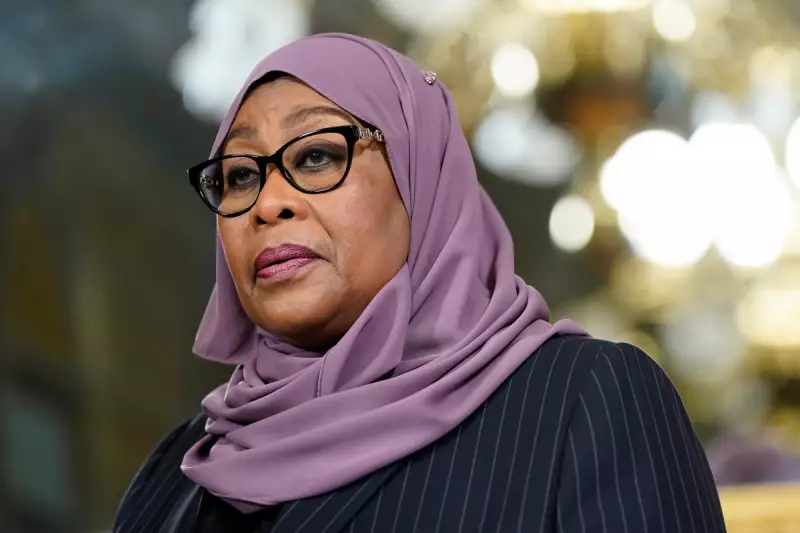
Tanzania is facing renewed political turmoil as deadly protests have erupted across the country, casting a shadow over President Samia Suluhu Hassan's promised democratic reforms. The violence represents a significant test for the East African nation's fragile political stability.
Escalating Tensions and Fatal Confrontations
Recent opposition-led demonstrations have turned violent, resulting in multiple fatalities and numerous injuries. Security forces have been accused of using excessive force against protesters, drawing sharp criticism from human rights organisations and international observers.
The unrest stems from long-standing grievances about electoral processes and political freedoms, issues that have plagued Tanzania's democratic development for years.
International Community Raises Concerns
Global powers and regional bodies are closely monitoring the situation, with many expressing deep concern about the deteriorating human rights situation. Diplomatic channels are reportedly active as foreign governments urge restraint and dialogue between opposing factions.
United Nations representatives have called for independent investigations into the protest deaths, while African Union officials are working behind the scenes to mediate the escalating crisis.
Samia Suluhu Hassan's Leadership Under Scrutiny
President Hassan, who took office in 2021 following the death of her predecessor John Magufuli, had initially raised hopes for a more open political environment. Her early gestures toward political reconciliation and media freedom had been widely praised.
However, the recent crackdown on dissent has left many questioning whether genuine reform is forthcoming. Political analysts suggest these events represent a critical juncture for Hassan's presidency and Tanzania's democratic trajectory.
Economic Implications and Regional Stability
The political instability threatens to undermine Tanzania's economic progress and could have ripple effects throughout East Africa. As one of the region's key economies, prolonged unrest in Tanzania would likely impact regional trade and investment flows.
Business leaders are expressing anxiety about the situation, with some already reporting disruptions to normal commercial activities in protest-affected areas.
The coming days are likely to prove decisive in determining whether Tanzania can pull back from the brink of further violence and begin a genuine process of political reconciliation that addresses the underlying causes of current tensions.





